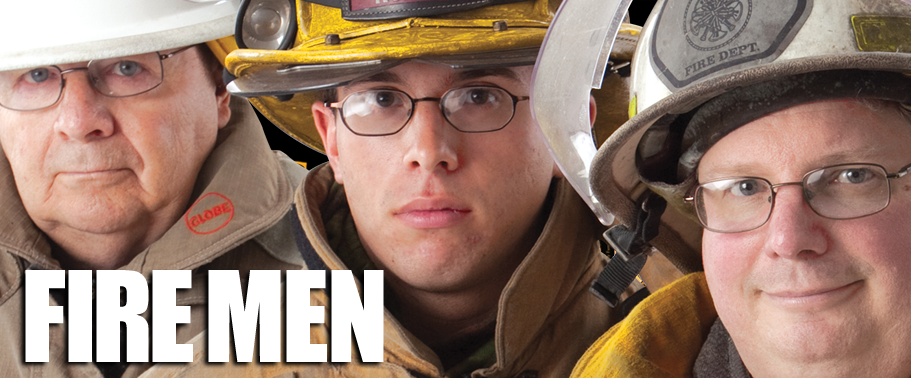These troops make up what I hope will become the leadership;
the movers-and-shakers of the next generation.
They will have tremendous challenges to address, some of which only time
will reveal.
I want to offer some advice to this group, and most of it
has nothing to do with the day to day application of wet stuff on red
stuff.
Let’s start with one of the basics, education; you need to
get it. Yes, you’re busy—some of you
have a spouse and young kids. They
definitely need to come first, but it can be done, even if it is one course at
a time. Can’t see the end of the rainbow
of a bachelor’s degree because of the number of credits? Start with an Associates. Get that done and you’re halfway home. The question I hear is why? “I can take the fire science or emergency
planning classes that interest me. I
don’t need the History, English, Science and other stupid stuff like that for
this job. I didn’t like that crap in
high school. Why should I take it now
just to get a piece of paper? “
There are a couple of reasons. The first, and probably less important is
perception. The more bugles on your
collar, the more individuals with degrees you will be dealing with on a regular
basis. While not necessarily right, some
of those people make snap judgments based on educational back ground. If you don’t have one, you automatically
start at a disadvantage with these folks.
“Well screw them; I’m
just as smart as they are.” Probably
so, and maybe smarter—especially in your discipline, but perception is
reality.
The second and most important reason is that these “crap”
courses teach you to think. Taught
correctly, history isn’t about memorizing dates and places. It’s about looking at the past and trying to
figure out what happened and why. What
were the variables that influenced an event?
How did people react? Has the
interpretation of something changed over time?
Any of this sound familiar?
Science is a bit easier to understand. Chemistry knowledge is useful for hazardous
materials and we use physics, like it or not, on many rescue applications. It takes math skills to do both the
above.
English; oh no, not that.
“I don’t want to waste my time
sitting around reading poems or Ernest Hemingway.” It isn’t about reading, it’s about
writing. But to learn how to write well,
you need to read, and the more the better.
Virtually every successful writer will tell you reading is one of the
most important things they did (and continue to do) which aids their writing. The higher you go, the more important your
writing skills will become. If you don’t
know the difference between there, their, and they’re, and I see this all the
time; no one is going to take you seriously.
The longer you are out of school, the more difficult it can
be to motivate yourself to start again and to remember (or develop) your study
skills. It really can be a great
experience. I went back to school for a
Masters degree in my late 40s, and found it challenging…and one of the most
enjoyable educational endeavors I ever undertook. Believe it or not; learning and education
should and can be a life long process.
On another topic, it may sound obvious, but you need to
develop mentors. There is a tremendous
institutional memory available and ripe for the picking in the old breed
firefighters. This is, however, a
perishable commodity. Use it while it is
still on the shelves. You don’t have to
agree with everything they tell you, but it costs nothing to listen. It is amazing how much can be learned around
the kitchen table.
Develop relationships with ranking officers. I don’t mean brown-nosing or ass kissing, but
a true mutual respect two way street type deal. Let them know you’re looking to learn, and
interesting projects and assignments may come your way.
Hemingway was an old guy.
Make him one of your mentors. Follow
even some of these suggestions, and the sky is the limit.




